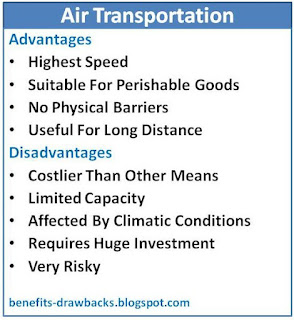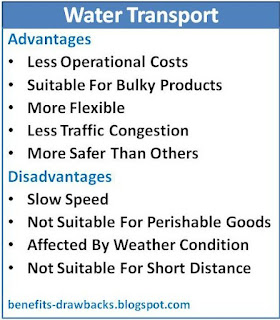Main advantages of multiple shops or chain stores can be described as follows:
1. Elimination Of Intermediaries
Multiple shops eliminate middlemen and business intermediaries as they are owned and operated by manufacturers/producers.
2. Economy In Buying
Multiple shops enjoy the benefit of bulk buying and mass production. These stores buy large quantity of materials or products at very low cost.
3. Fix Price
There is uniformity in selling price at all the branches and centers. Fixed price helps to build image and goodwill of the store.
Because of low operation costs, elimination of middlemen and large scale purchasing, these stores can offer quality goods at low price.
5. No Bad Debts
Products are sold on cash basis in multiple shops or chain stores. So, there is no risk of bad debts and outstanding.
Also Read:
Also Read:
6. Diffusion Of Risk
In multiple shops, the total risk can be divided as the loss of one shop can be covered from the profit of another shop.
7. Easy To Identify
Customers can easily identify these stores because of uniform decoration and display.
8. Economy In Advertising
Common advertisement for all stores makes economy in advertising.
















